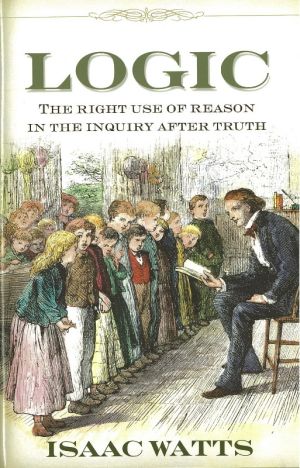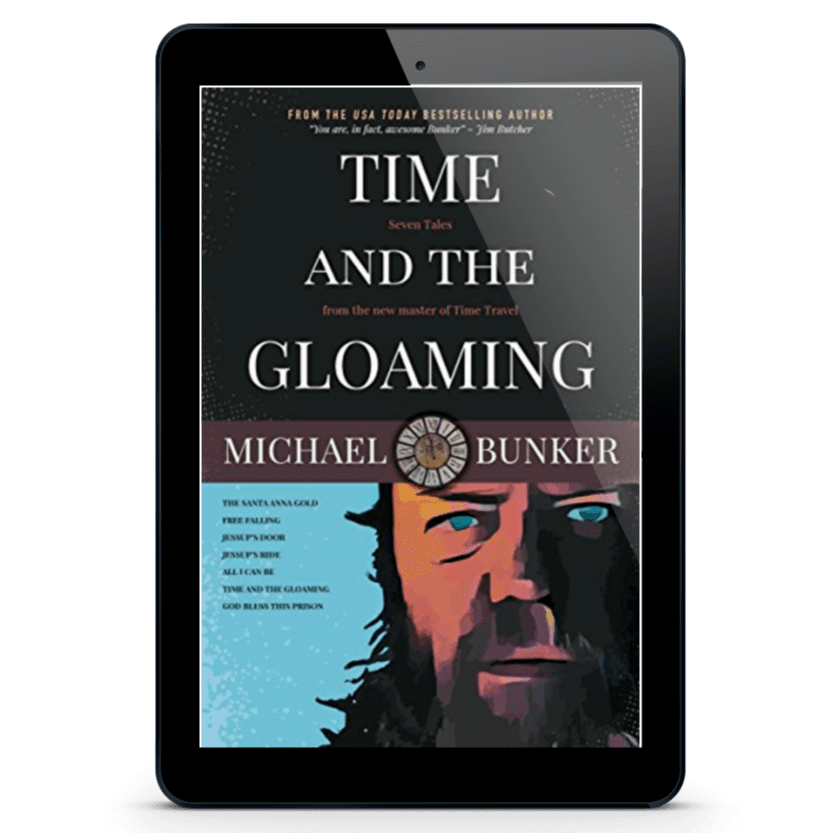Today’s Bunker Logic and Reason Lesson is on a Cognitive Bias you may have heard of or have a loose knowledge of, but which actually affects the way you gather and assimilate information. It is called COGNITIVE DISSONANCE.

Some may know of Cognitive Dissonance merely as the way sometimes some new information can throw you for a loop because it runs counter to what you think you already know. New Technology can sometimes create Cognitive Dissonance. But Cognitive Dissonance is also a Cognitive Bias that can cause us to dismiss or ignore information that doesn’t jive with our current cognitive schemas. This bias is especially true when the current mainstream cognitive schemas (programming) are really fairly new in the long-term scheme of things. I’ll include as an example a very real comment that I receive almost monthly and that I plan on writing about more in-depth very soon.
Example: “Bunker, I enjoy your posts and content, but I have to ask you… how is someone as obviously intelligent as you a Christian (believe in God, etc.)?”

Here we have a perfect example of Cognitive Dissonance. The assumption, of course, is that people who believe in God (or in my case who are practicing believers in Christian orthodoxy (small ‘o’)), are dumb or silly practitioners of absurd mythologies. You find this bias even more pronounced in the very modern beret and fedora wearing pedantic atheists who 1) pretend to know the Bible even though they don’t, 2) look down on anyone who isn’t one of their own cult, and 3) are incapable of conceiving of someone perhaps smarter than them who might have considered information and facts that they do not have.
This is not an attempt to convert anyone. Just a look at the bias and how it works. You can apply it as you see fit.
The foremost book on LOGIC ever written was penned over 200 years ago by Christian hymnist Isaac Watts. That book was the single most utilized textbook on Logic for hundreds of years in universities and such. Most of the modern sciences were originated by Christians or Theists, and people like Faraday, Einstein, and Isaac Newton (to name just a few) at the very least had a belief in a “god.” My point is only to say that some pretty smart effing people believe in God and the very modern idea that religion is the playground of idiots is just that… very modern and provably untrue (though there are plenty of idiots everywhere to go around.) When snark and faux-science took over for healthy discussion and debate, science fiction became a religion and people like Neil Degrasse-Tyson and his smirking ilk began peddling fantastic theories as science (which has led to what you see happening around you today.) This type of cognitive bias multiplied and atheism, once the province of honest doubters and those unconvinced or disbelieving concerning the existence of deity, became a religion of scoffers pretending to be experts on everything from geology to scientific determinism to metaverses.
The point is that a COGNITIVE BIAS usually exists because a theory of life and living has supplanted open-minded skepticism and inquiry as the foundation of how information is received and assimilated. Also remember that we (humans) once had a sense of “wholes” that is, trying to assimilate information to an encompassing whole and complete view of life, rather than “specialization”, which is – becoming adept at a very tiny category of thinking and then thinking that tiny category is the whole. Add in a health dose of DUNNING-KRUGER and you end up with a gaggle of people who know a little about something, but, being surrounded by a lot of people who know nothing or next to nothing about it, these people begin to think they are geniuses on the subject. I’ll be writing more about this very soon. The instant expert is someone who learns something about a thing, sees that the people he/she talks to know less about it, so they extrapolate their little knowledge into expertise.
Now, say you learn something about a topic. After speaking of it with your social bubble you come to realize that even the people who should know about that topic, don’t seem to know anything about it. YOU ARE NOW AN EXPERT! Then you run into someone who actually is an expert who tells you something that flies in the face of what you think you know —-> Cognitive Dissonance.
Think of the people who first proposed that disease wasn’t the product of unbalanced humors (See: Humoral Theory of Disease). Talk about Cognitive Dissonance!
Here’s where it gets fun. So, now your brain has to go in some direction with this new information. If the Cognitive Dissonance is enough, you will tend to dismiss it as a form of Confirmation Bias. It doesn’t fit your schema, so you reject it. Or, you pretend you already knew it, reject any further inquiry, and absorb this new information into your pretended expertise while rejecting the import it should have on your overall schema. This is how Cognitive Dissonance can cause you to move faster into failure.
How should we deal with COGNITIVE DISSONANCE?
When we have a healthy curiosity, respect, and love of new information, we can examine every piece of data we receive as the possibility for a world-changing epiphany. It also allows us to challenge our current thinking as too limiting, or as a proper rebuke of our arrogance. Perhaps we do more research and find out the new information is either false, too limiting, or not applicable to us. Perhaps we open the door to a new way of thinking. Perhaps we are forever changed by it. All of these things should be on the table for intelligent and reasonable people. The absolute worst response is to hold up our current knowledge as CANON and use it to measure any new information. This is how politicians, despots, and cult leaders operate.If you are interested in my further discussion on the topic of intelligence, theism, atheism and such I’ll be writing more about it on my Christian ministry Facebook page after I finish the series I’m currently writing there.
Have a great day!
MB


Please keep up this series. This one really helped me to see some of my own flaws.